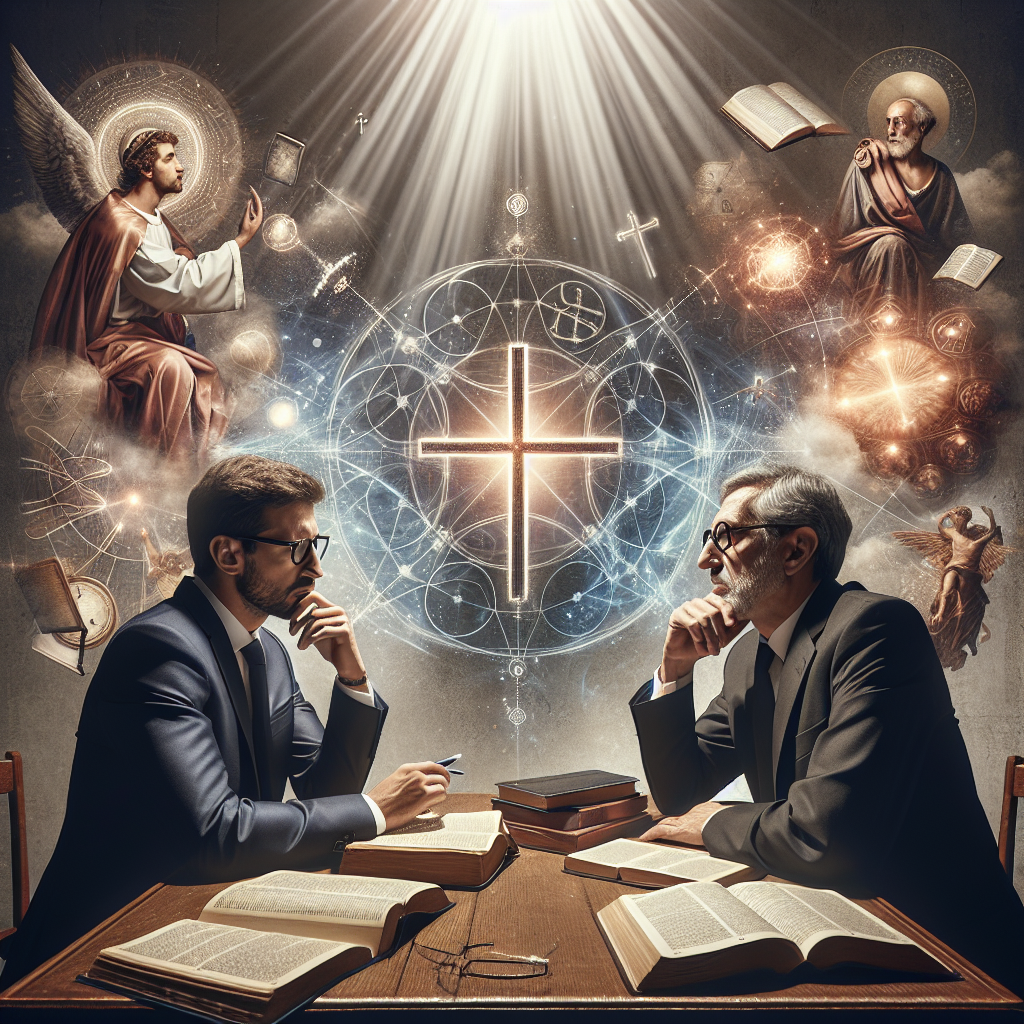The author asserts that Jorge Bergoglio, also known as Pope Francis, is an inherently evil figure whose words and actions speak to heretical beliefs and promote chaos within the Church. They cite specific examples of his actions—such as endorsing individuals of questionable character and promoting controversial health mandates—as evidence of his malign influence. The author contends that even though the official status of Bergoglio as Pope may be debated, the evidence suggests a lack of clarity surrounding papal succession since the death of Benedict XVI in 2022. This ambiguity, coupled with Bergoglio’s perceived heresy, allows for public judgment against him. The author further argues that anyone who examines the facts with critical thought can come to similar conclusions about Bergoglio’s papacy.
The author distinguishes their position from that of traditionalist Catholics, whom they accuse of adhering to ideologies that detract from genuine Catholicism. They emphasize a disdain for both extreme traditionalism and liberalism, arguing that both sides misinterpret the real essence of faith. The author notes a common ground between progressive and traditionalist camps that leads to mutual disdain rather than constructive dialogue. This division within Catholic circles is compounded by the supposed inability of various factions to acknowledge or appreciate the truths presented by those who operate outside their ideological confines.
In their defense of questioning Bergoglio’s legitimacy and the state of the Church, the author acknowledges the tension between personal convictions and Church authority. They argue that these conflicting perspectives pose challenges for faithful Catholics striving to reconcile their beliefs with Church teachings. The author criticizes those who discourage dissenting views of papal authority, claiming that such admonitions are more rooted in personal fear than in a genuine understanding of Church doctrine. Scholars and commentators who share the author’s viewpoint are presented as allies in the fight against ideological saturation within the Church, highlighting a shared commitment to truth and genuine faith.
The author also reflects on the ideological nature of the current climate among Catholics, suggesting that such ideologies can lead to spiritual ruin. They comment that both extreme progressivism and traditionalism, instead of fostering authentic Catholicism, have turned into oppositional ideologies that resonate more with political movements than with spiritual truths. This sentiment leads to a critique of social dynamics within the faith community, where individuals on both sides of the spectrum are blind to their shared pursuit for truth. The author analogizes the struggle of modern Catholics to that of biblical times, drawing parallels between the historical Pharisees and contemporary ideological factions that misinterpret the nature of faith and authority.
The discussion then transitions to the challenges facing the Church as the world becomes increasingly secularized and chaotic. The author references the emergence of the Antichrist and the encroaching influences of worldly powers, suggesting that believers will soon face existential questions about their faith. In this context, they stress the need for Catholics to transcend their ideological divides, urging an embrace of truth that cannot be encapsulated by societal paradigms. The author invokes the biblical question posed by Christ to his disciples, emphasizing the urgency of personal accountability in faith and the necessity of acknowledging a more profound truth beyond traditional dogmas.
Ultimately, the author calls for a collective preparation for a pivotal moment of spiritual reckoning. They advocate for the deconstruction of ideological barriers that have infiltrated Catholic thought, advocating instead for a return to foundational Christian principles. This requires a personal commitment to recognizing and loving truth, moving beyond inherited traditions or ideological constructs to engage with the divine directly. As they conclude, a sense of urgency prevails, suggesting that believers must ready themselves for an imminent encounter with truth that transcends human constructs, fortifying their faith in an increasingly tumultuous world.

